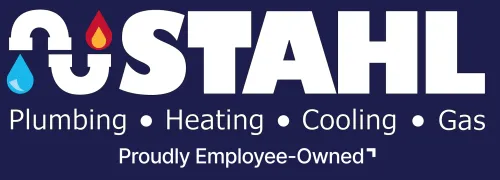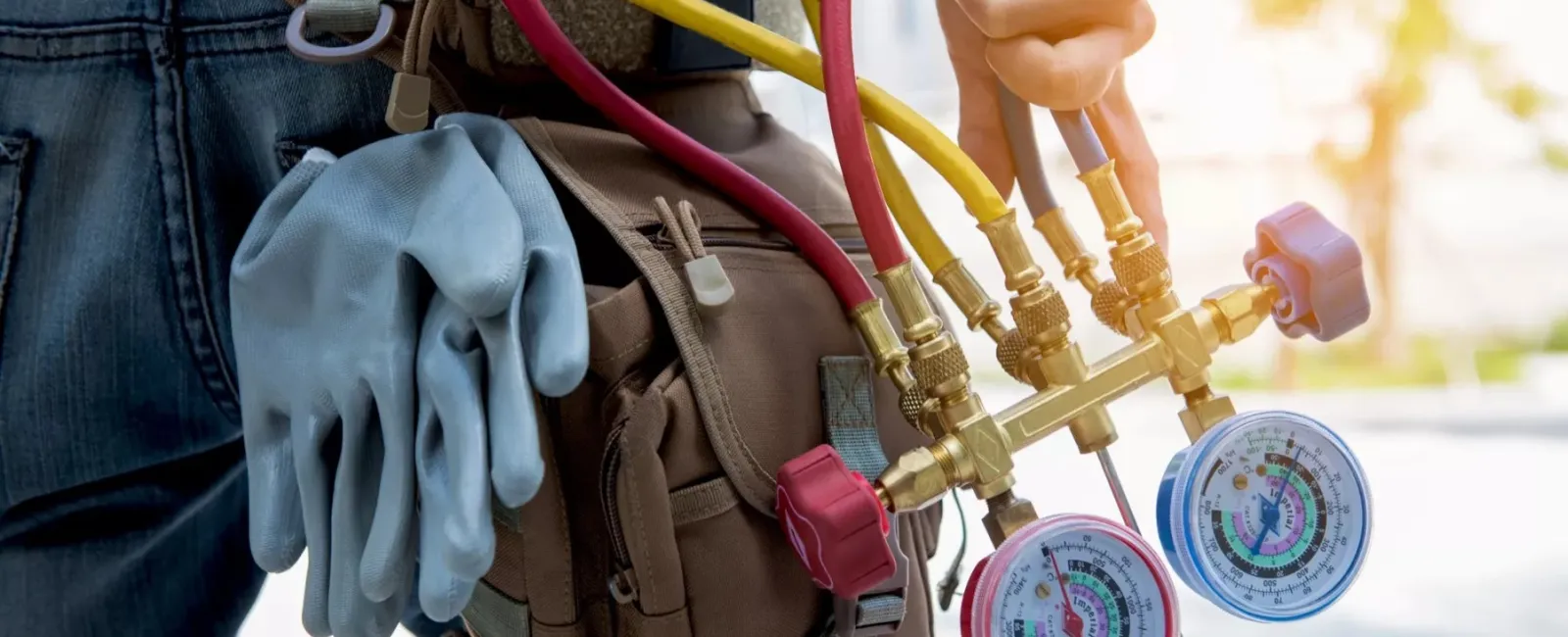October is a wonderful time of the year in Pittsburgh. The colorful leaves transform the Pennsylvania landscape, and there is a chill in the air. The cooler autumn air is a sign of things to come. If you aren't already using your furnace to heat your home, you can expect to do so in the not-too-distant future.
Understanding the MERV Scale
The Minimum Efficiency Reporting Values scale, (MERV) is the scoring system that is used to rate the efficiency of the furnace and HVAC filters. The MERV system analyzes how efficiently filters work by giving every filter a score of between one and 20. The higher the MERV score, the more efficient the filter is at trapping pollutants that could clog the furnace and decrease the quality of air in the home.
Filters that have higher MERV scores take advantage of better technologies, but you pay more for the better quality. Paying more may not necessarily be a bad thing if you wind up saving money on your heating costs all winter.
Types of Furnace Filters and How They Work
One-Inch Thick Disposable Fiberglass Filters
The old-fashioned furnace and HVAC filters, which are still in use today, are made of fiberglass. These cheap filters have a MERV rating of two or three and cost between $1 and $2. They don't do a thing to improve the air quality in your home, and just keep large particles and accumulations of dust from clogging the furnace. To get them to do that much, you have to be vigilant about changing them regularly.
Pleated Disposable
Pleated disposable furnace filters are made of cotton paper or polyester. They remove some contaminants and do a decent job of protecting the furnace components from accumulating gunk. With a MERV rating of six, these filters are inexpensive. You have to change them regularly.
Electrostatic Disposable Filters
These filters are made of cotton or paper that is embedded with electrostatic fibers that recharge themselves. They have a MERV rating of 10 and cost about $10 each.
Permanent Electrostatic Filters
Permanent electrostatic filters have a removable machine washable filter that comes out of the frame that holds the screen. If you wash the filter regularly, you can expect it to last for six to eight years. Their MERV score is lower than disposable electrostatic filters. They cost more, too.
The best way to guarantee that you don't encounter problems with your furnace or HVAC system during the coldest part of winter is by having a thorough inspection before you turn your heat on for winter. Count on the experienced professionals at Stahl Plumbing, Heating & Air Conditioning to fine tune your furnace and make sure that you're using the best filter for your situation.

